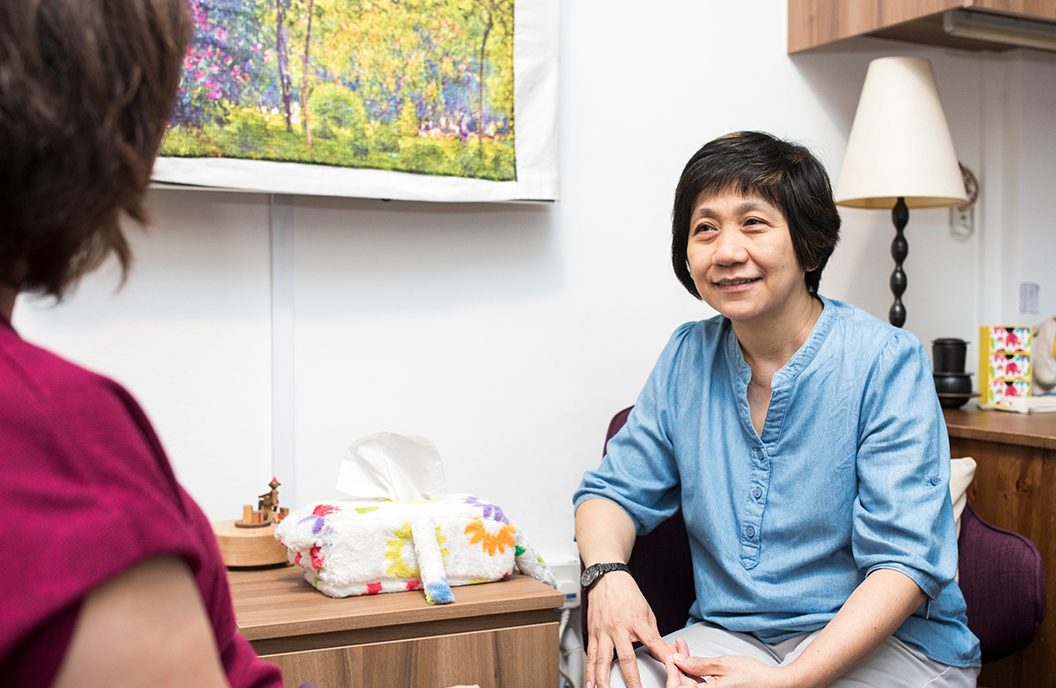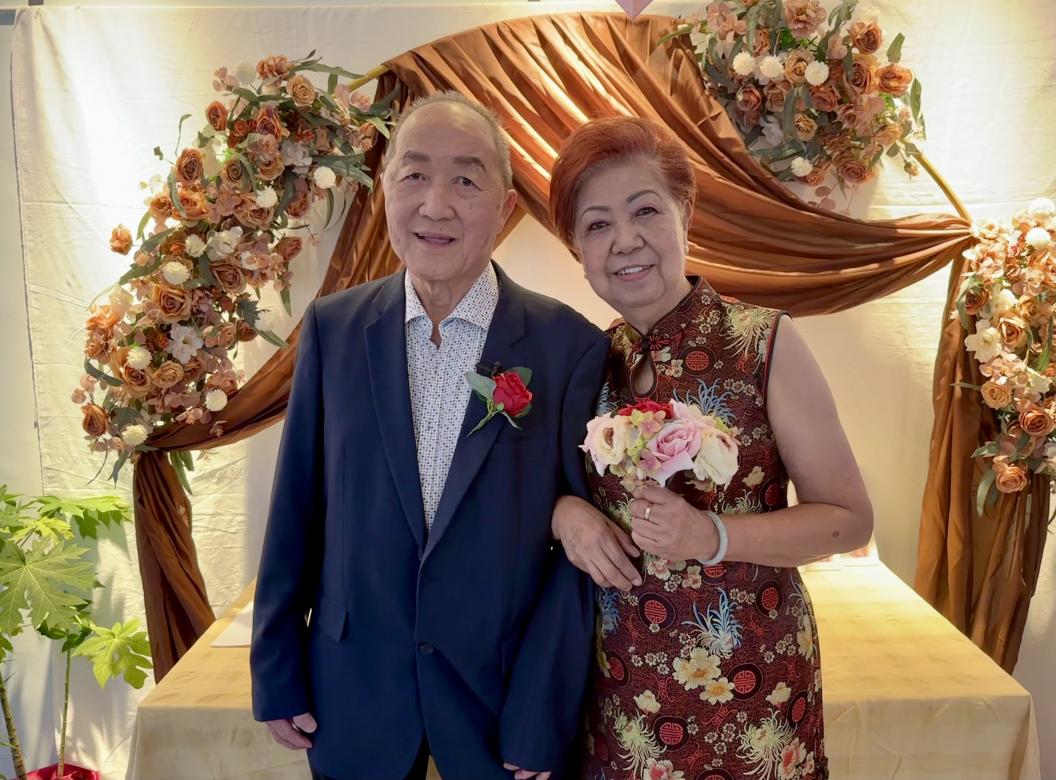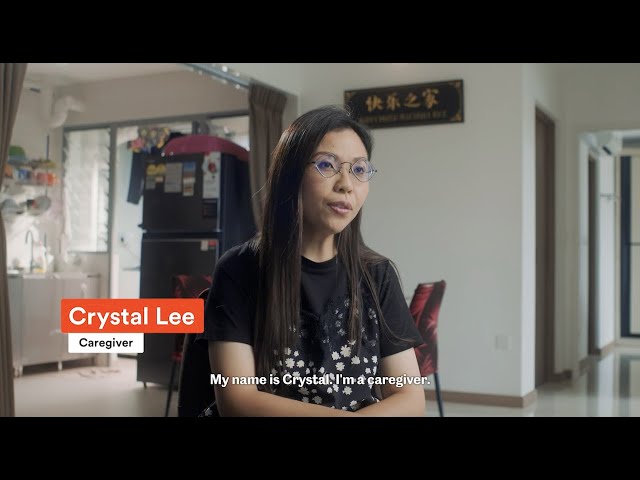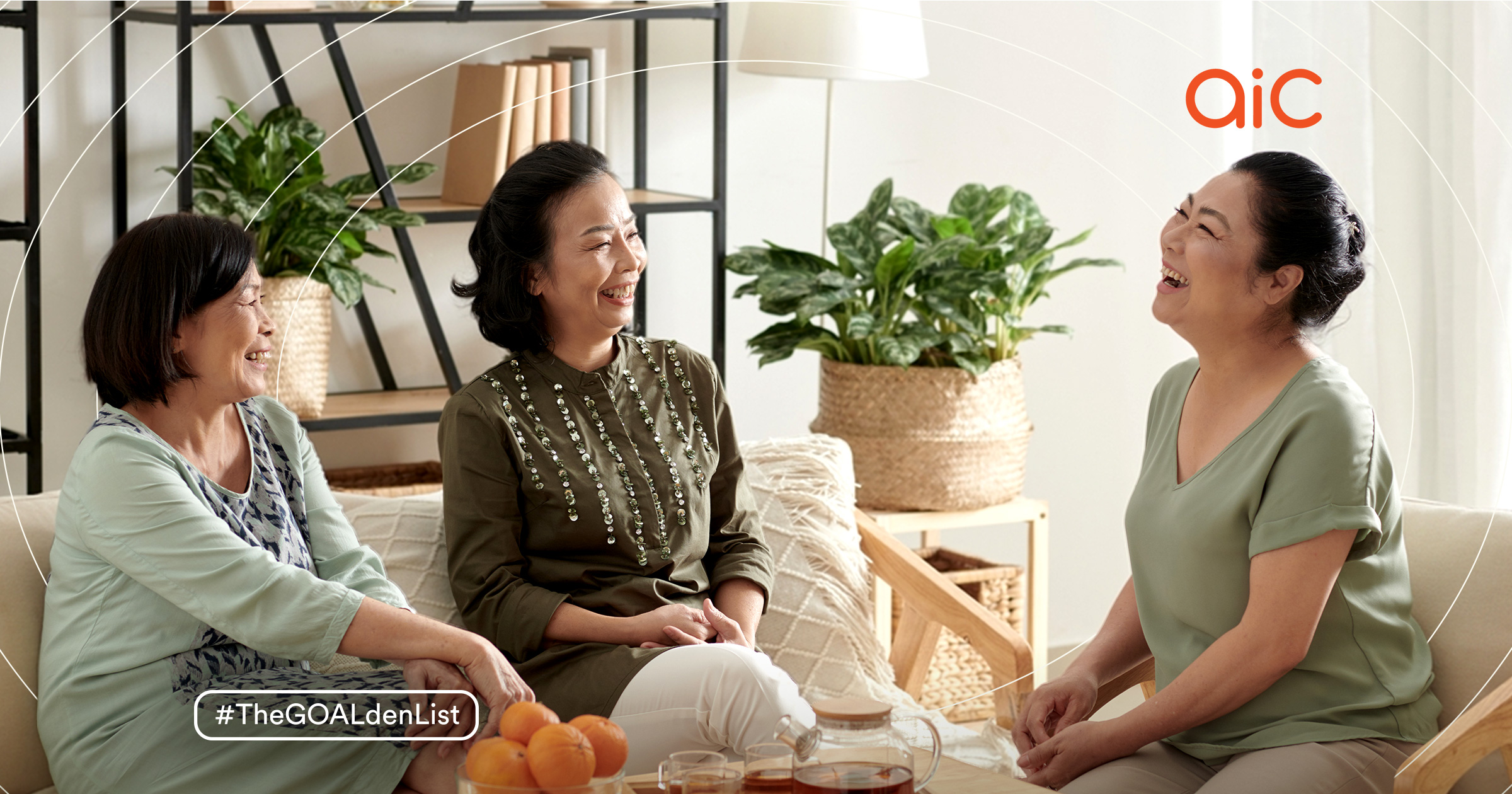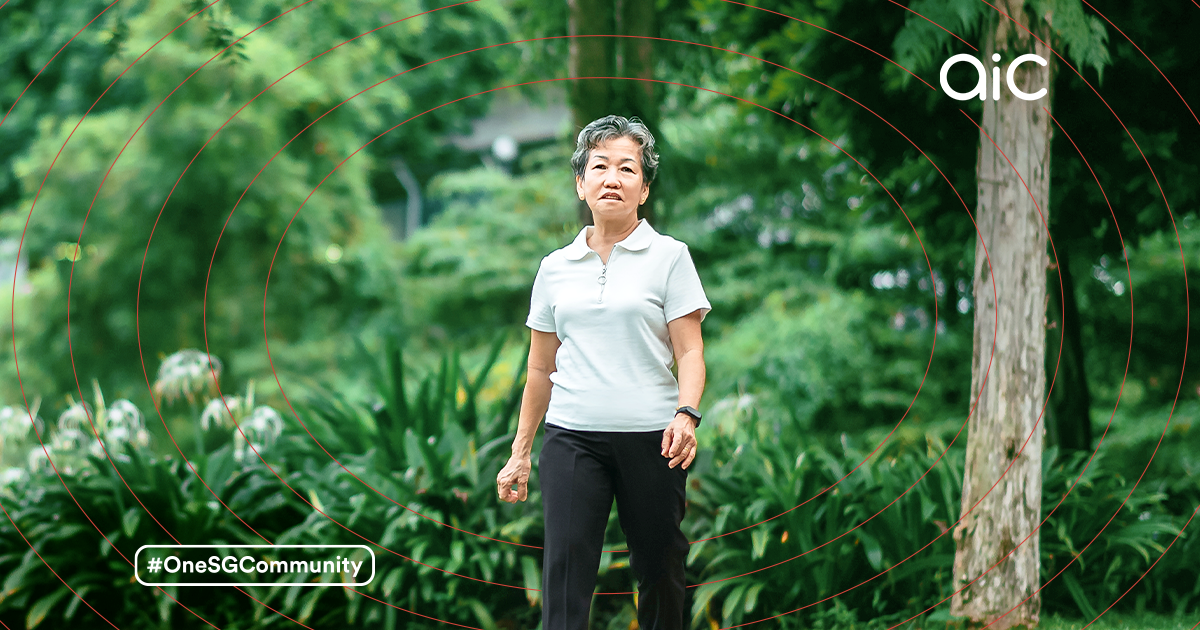Having spent more than 30 years in counselling, Ms Ruth Chua, executive director of Counselling and Care Centre, has seen her fair share of misconceptions about her chosen career.
One “myth”, she says, is that “counsellors know it all and have all the answers”. Another one she has heard before is that it is an “easy job”. Yet the truth is that counsellors rarely have all the answers to their clients’ problems.
“The role of a counsellor is to support and enable clients to deal with their problems. It is not to “rescue” one from problems or telling people what to do,” Ruth explains. A counsellor assesses their client’s psychological and sociological ability to cope with their issues, and intervenes with advice (by exploring alternative options) that will help the client.
Ruth, who specialises in family therapy, uses her skills to help strengthen families, so they can overcome adversities in their lives. This often includes families who struggle with caregiving responsibilities.
Counsellors like Ruth can be a trusted outlet for caregivers to share their deepest struggles and a way to receive acknowledgement of their effort. As a third party, counsellors can also provide a more neutral or different perspective to the issue clients are facing.
Reconciling Families
Ruth feels most satisfied when her clients get a “light bulb” moment or when they feel understood and validated. Knowing that she is making a difference in the lives of others is the fuel that keeps her going.
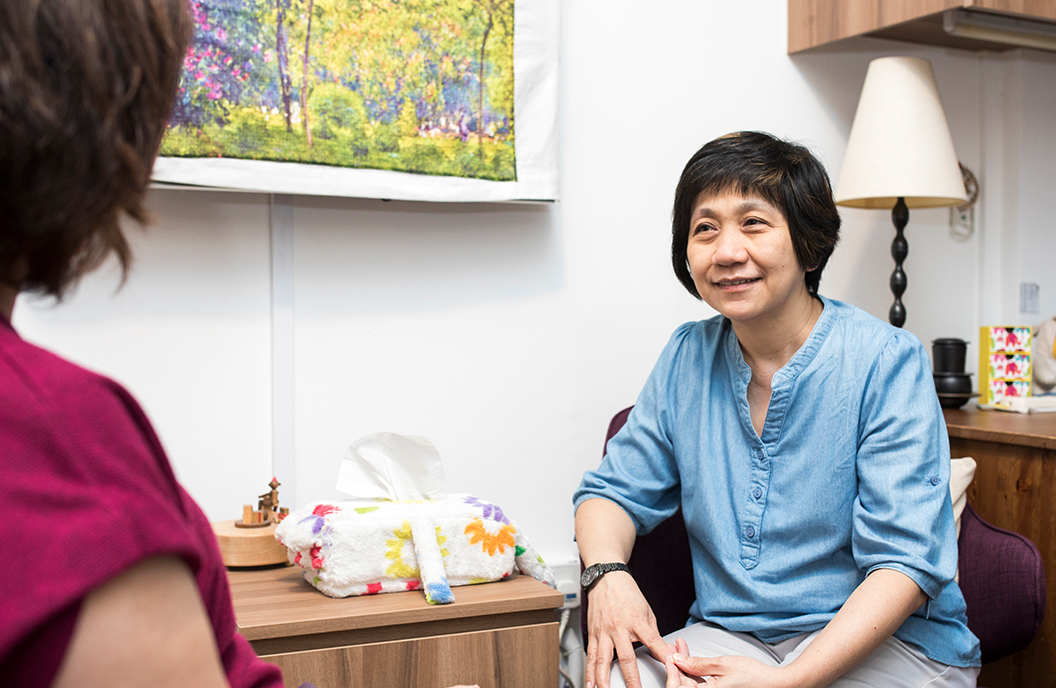
One case that Ruth recalled vividly involved a couple caring for their child with multiple disabilities, and their elderly mother. Due to misunderstandings and conflicts arising from these responsibilities, the couple had separated by the time they met Ruth.
The counselling sessions helped resolve their misunderstanding, said Ruth. She was especially moved by how the elderly mother agreed to accept more support from social service agencies, so that she could rely less on the couple. This helped to ease the load of caregiving on the couple, saving their marriage as a result.
Ruth also shared how she counselled a son who was facing caregiving stress looking after his aged and sickly father, who used to abuse him when he was younger. The counselling sessions gave the son a chance to reflect on his guilt, anger and sadness. Eventually, he learnt to let go of the past and found new meaning and purpose in caring for his father.
Choosing Social Service
Growing up, Ruth observed many instances of inequalities and lack of opportunities for the underprivileged, which sparked her desire to do something for them. Inspired by role models who are heavily involved in community efforts around her, she decided to pursue social work as a career.
Today, she provides management and consultation support to social service professionals in their line of work.
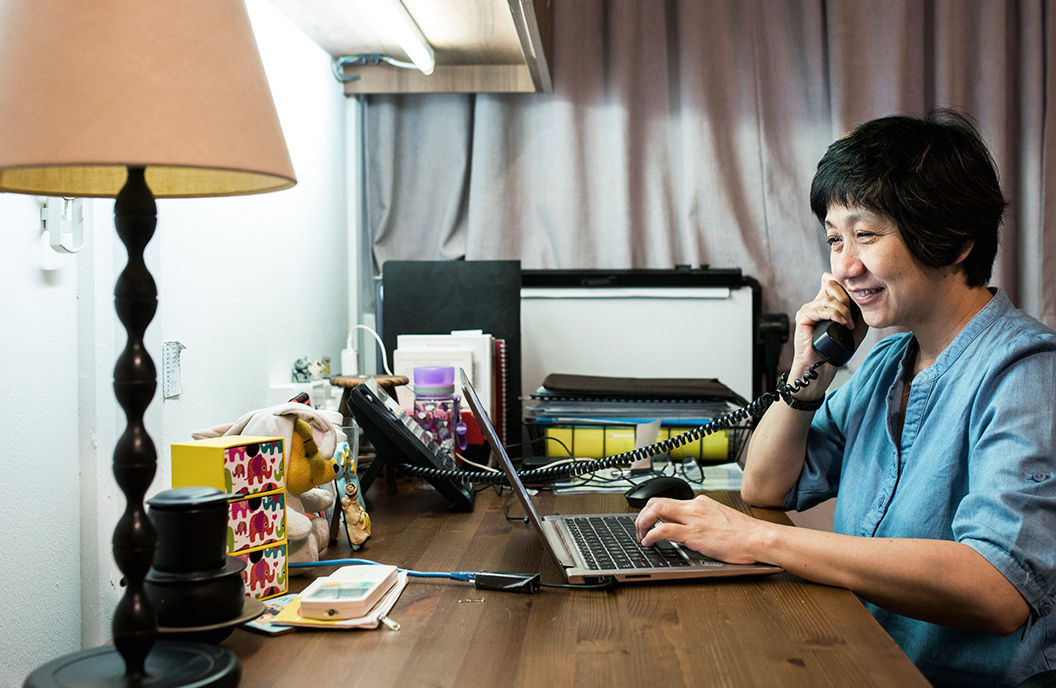
Connection Between Counselling and Caregiving
Ruth feels a special connection to caregivers as she finds many similarities between caregiving and counselling. She says that counsellors in Singapore must learn to manage their own care properly, as there is not enough of them to handle cases and many end up overworking. “It is so essential for counsellors to have awareness on self-care so that they will prevent burnout and continue to journey with those who are in need,” says Ruth.
Caregiver Public Forum 2020
Next year, Ruth will be tapping on her experience in family counselling, to moderate a panel discussion with caregivers on ways to manage caregiving as a family.
The Caregiver Public Forum 2020 is co-organised by Agency for Integrated Care and National Council of Social Service, to provide caregivers with more insights into family roles in caregiving, and how to handle family dynamics.
If you want to find out more about counselling or how it can help you as a caregiver, register for the Caregiver Public Forum today!
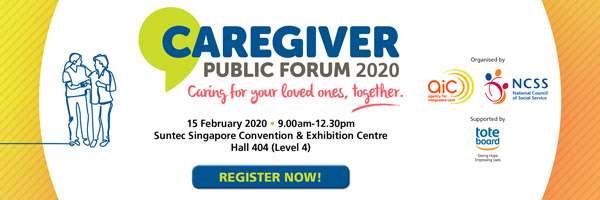
Admission is free, but there are limited seats available. What are you waiting for? Register before 12 January 2020 at: www.aic.sg/cg-forum2020. Don’t forget to mark your interest on Facebook events, and spread the word.


